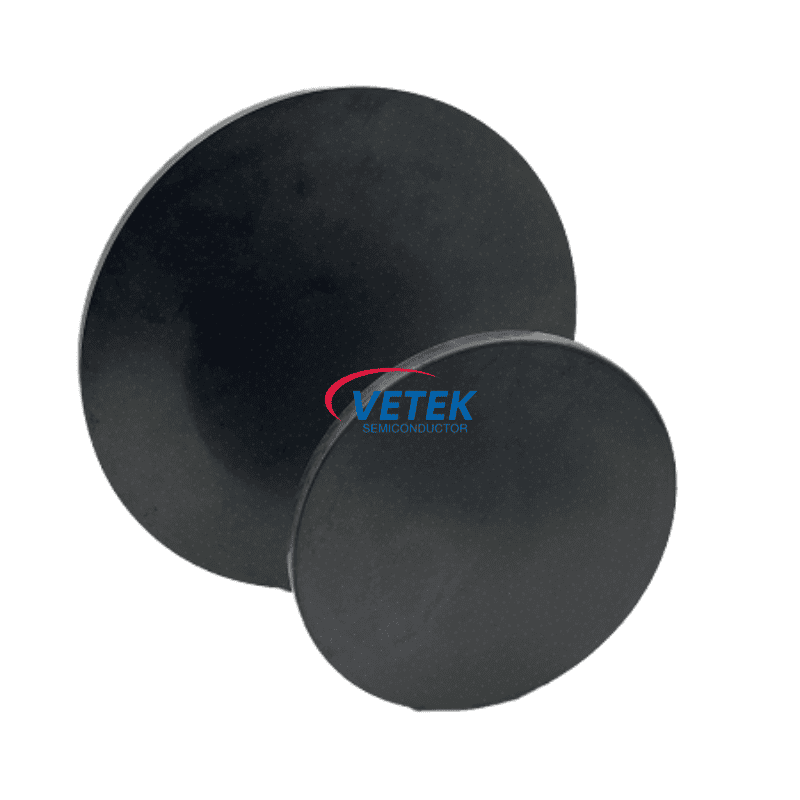What Makes the SiC Block So Reliable in Demanding Production Settings?
2025-07-31
A few years ago, I wouldn’t have believed how much difference one material could make. Back then, we were constantly dealing with equipment failures—mostly because of heat damage and erosion in our thermal processing zones. The materials we used just weren’t built for that kind of abuse. Then we switched to the SiC Block, and that changed everything.
Why Did I Choose the SiC Block Over Other Materials?
I’d seen brochures for the SiC Block before, but I didn’t pay much attention until a technician on our team mentioned how well it held up in a nearby plant. Out of curiosity, we ordered a few to test in one of our older furnaces.
After a couple of months, it was clear this was no ordinary material. The SiC Block handled heat far better than anything we’d tried before. The edges stayed sharp, the structure held firm, and—most importantly—there were no cracks. I’ve seen metal plates deform under half the pressure these blocks withstand daily.
That’s when we started sourcing our full batch from VETEK. Their SiC materials had tight tolerances and consistently high density, which made them easy to work with and dependable under pressure.
What Improvements Did I See After Switching to SiC Block?
For starters, maintenance frequency dropped by almost half. We didn’t need to shut down to replace cracked or degraded parts nearly as often. The SiC Block also helped us stabilize temperatures faster, which improved the consistency of our output.
Another major win was chemical resistance. Some of the gases in our processing lines can be pretty aggressive, especially over long cycles. Traditional materials wear down or react—but SiC Block stays clean and unaffected.
There’s something reassuring about checking the same setup month after month and finding no visible damage. That kind of stability makes a real difference on a production floor.
Is the Cost of SiC Block Justified in the Long Run?
I used to think cost-saving meant buying cheaper components. But after watching how much downtime we saved, and how often we didn’t need to order replacements, it became obvious: the SiC Block was actually the more economical choice.
We used to replace some parts quarterly. Now, those same zones have been running for over a year with zero issues. No warping, no erosion, no breakage. That’s value.
I’ve stuck with VETEK for most of our orders. Their support has been responsive and helpful, especially when we needed help adjusting block sizes for a new setup.
What Should You Watch for When Selecting a SiC Block?
Not every SiC Block is equal. I've learned that small differences in purity or grain structure can mean a lot when the temperature hits 1400°C. Always check for density, resistance to thermal shock, and whether the block is truly non-reactive in your specific environment.
We’ve tested blocks from different suppliers, and the performance gap was clear. That’s why I stick with what’s worked for us. In rough industrial conditions, you need something that doesn’t just survive—but lasts.
Our products are highly reliable. If you have any needs, please feel free to contact us at any time. We will be online 24/7 to provide you with efficient solutions.
